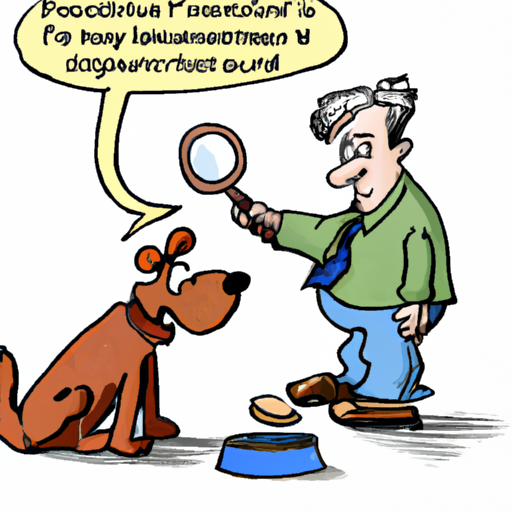As a caregiver, it’s natural to worry about the health and wellbeing of your furry friend. Noticing a change in your dog’s poop, such as a watery consistency, can be alarming. In this article, we’ll explore various reasons why this could be happening, and what you can do about it.
H2: Understanding Normal Dog Poop
First, let’s talk about what normal dog poop looks like. Healthy dog poop should be:
- Firm, but not hard
- Dark brown in color
- Consistent in shape and size
If your dog’s poop deviates from these characteristics, it could be a sign of a health issue.
H2: Common Causes of Watery Poop in Dogs
There are several reasons why your dog might have watery poop. Here are some of the most common:
- Dietary changes or indiscretions: If you’ve recently changed your dog’s diet or if they’ve eaten something they shouldn’t have, it could result in diarrhea.
- Gastrointestinal infections: Viruses, bacteria, or parasites can cause inflammation in the gut, leading to watery poop.
- Stress or anxiety: Just like humans, dogs can experience digestive issues when they’re stressed or anxious.
H2: When to Seek Veterinary Help
If your dog’s watery poop persists for more than a day or two, or if it’s accompanied by other symptoms such as vomiting, lethargy, or loss of appetite, it’s time to seek veterinary help. Your vet can run tests to determine the cause and prescribe appropriate treatment.
| Symptoms | Action |
|---|---|
| Watery poop lasting more than two days | Consult a vet |
| Accompanied by vomiting, lethargy, or loss of appetite | Consult a vet immediately |
H2: Preventing Watery Poop in Dogs
Prevention is better than cure. Here are some tips to help prevent your dog from developing watery poop:
- Stick to a consistent, balanced diet.
- Avoid giving your dog table scraps or unfamiliar foods.
- Regularly deworm your dog and keep their vaccinations up to date.
- Ensure they have a stress-free environment.
H2: Frequently Asked Questions
Q: Can I give my dog over-the-counter medication for diarrhea?
A: Always consult your vet before giving your dog any medication.
Q: How long can a dog have diarrhea before it becomes dangerous?
A: If diarrhea persists for more than a day or two, it’s best to consult a vet.
Q: Can stress cause diarrhea in dogs?
A: Yes, stress can lead to digestive issues, including diarrhea, in dogs.
Remember, you know your dog best. If something doesn’t seem right, it’s always best to consult a veterinary professional.



